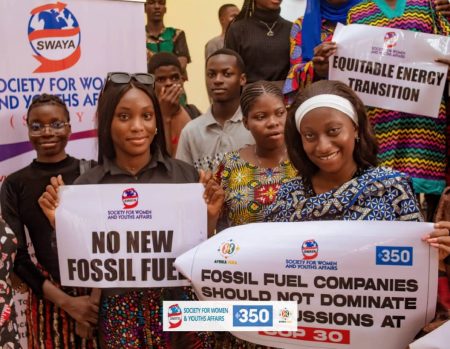
Mkpoikana Udoma
Port Harcourt — The Environmental Defenders Network, EDEN, has raised the alarm over the rapid divestment of oil multinationals from the Niger Delta, demanding that no company be allowed to exit its onshore operations without first addressing the environmental and social harm caused during its operations.
This call was part of the resolutions reached at EDEN’s inaugural board and staff retreat held recently in Benin, Edo State to examined environmental and health challenges stemming from Nigeria’s extractive industries.
Addressing the divestment of oil firms like Eni, Equinor, TotalEnergies, and ExxonMobil, EDEN’s Board Chairman, Barr. Chima Williams, criticized the government’s approvals of these transactions while neglecting the cries of affected communities.
“The speed at which oil companies are abandoning onshore operations is alarming. These multinationals have thrived on Niger Delta resources for decades, leaving behind a toxic legacy of pollution. Yet, the government continues to approve deals such as Eni’s sale of Nigerian Agip Oil Company to Oando Plc and ExxonMobil’s sale of Mobil Producing Nigeria Unlimited to Seplat Energy without requiring clean-up or remediation.”
Williams noted that these divestments are being made in favor of deepwater operations where government oversight is weaker.
“The rush to deep waters highlights the government’s inability to properly monitor these companies,” he added.
Williams pledged EDEN’s support and legal backing for communities opposing these divestments, emphasizing “no divestment without responsibility” and the need for accountability.
“Oil companies must clean up first. No oil corporation should be allowed to divest until it fully addresses the pollution it has caused, decommissions abandoned oil infrastructure, and compensates affected communities.
“Buyers must take on liabilities. Those acquiring these toxic assets must also accept the liabilities of the former owners. If you’re inheriting the profits, you must inherit the responsibilities,” he stated.
Other issues dissected at the retreat include the proposed bill to ban gas flaring in the Niger Delta, which EDEN described as a long-overdue measure; the increasing number of mine collapses and environmental degradation in northern communities, particularly in areas where lithium and other solid minerals are being extracted.
“These issues must be addressed urgently. From gas flaring in the Niger Delta to unsafe mining in the north, the government must prioritize the well-being of its citizens over corporate interests.”
Williams concluded by reaffirming EDEN’s commitment to environmental justice. “We will not rest until oil companies and the government take responsibility for the harm caused to our environment and people. This is not just about the Niger Delta or mining regions—it’s about safeguarding our collective future,” he said.



